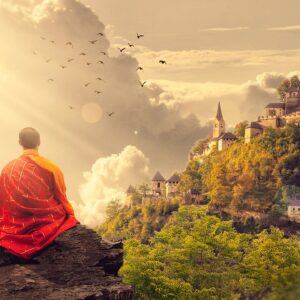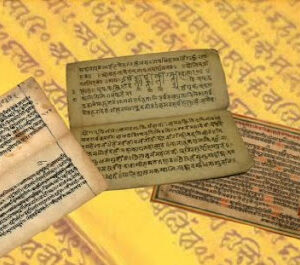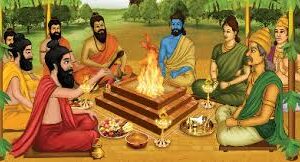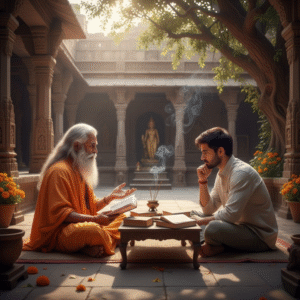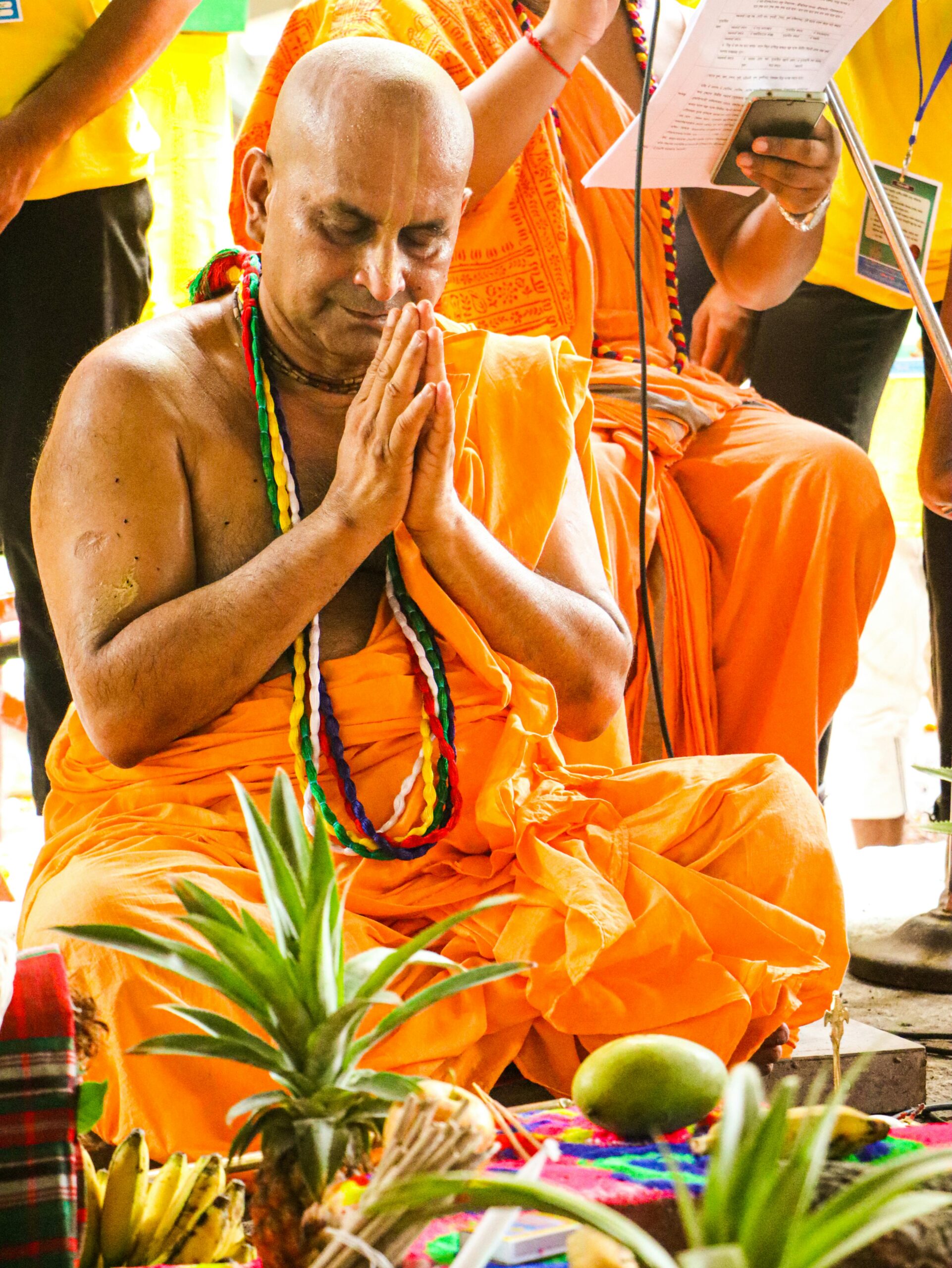Religion and philosophy are two distinct pathways that explore existence, ethics, and the nature of the universe. While both aim to provide meaning and understanding, they approach these questions through different methods.Rituals in religionandreflection in philosophyrepresent two contrasting but complementary ways in which humans seek truth. This article delves into the essence of these practices, exploring their impact on spiritual growth and intellectual development.
Foundations of Understanding – Faith vs. Reason
Rituals in Religion: The Power of Faith
Rituals are central to religious practice, offering a structured and communal way to engage with the divine. Religion anchors its practices in faith, and rituals serve as the physical manifestation of this belief system.
- What They Are: Rituals include prayer, fasting, sacrifices, meditation, and other forms of devotion. These practices often symbolize the believer’s commitment to a higher power and reinforce the community’s shared values.
- Purpose: Rituals act as expressions of faith, providing a tangible connection between the spiritual and material worlds. They offer believers a way to commune with the divine and reinforce moral and ethical duties.
- Emotional and Cultural Role: Through rituals, individuals find comfort, belonging, and purpose. Whether through daily prayers or grand festivals, rituals create a space for devotion, reflection, and connection.
Reflection in Philosophy: The Quest for Knowledge
Philosophical reflection, on the other hand, seeks understanding throughreason, critical thinking, and introspection. Philosophy is grounded in inquiry, questioning, and the search for objective truths, which often leads to more abstract, personal, and varied interpretations of existence.
- What It Is: Philosophy begins with the pursuit of truth through dialogue, debate, and reasoned arguments. Philosophers reflect on concepts like existence, morality, consciousness, and the nature of knowledge.
- Purpose: Reflection in philosophy aims at discovering truths that are universal and unchanging, often questioning established norms and seeking answers that transcend tradition.
- Intellectual and Personal Role: While religion often finds its roots in communal belief, philosophy emphasizes individual thought and understanding. Philosophical reflection encourages personal growth through intellectual exploration and the pursuit of wisdom.
The Core Difference – Action vs. Inquiry
Rituals: Action that Anchors the Believer
In religious practice,rituals are actions—physical acts that believers engage in to reflect devotion, reinforce values, and maintain spiritual discipline. These actions are often prescribed in sacred texts and are seen as a way of aligning oneself with divine will.
- Repetition and Consistency: Rituals are repetitive, helping individuals build a connection to the sacred through ongoing practices.
- External Manifestations of Belief: These rituals are usually seen as external manifestations of internal faith, and the community aspect enhances the experience, as rituals are often performed in groups (e.g., prayer meetings, festivals).
Reflection: The Intellectual Path of Seeking Truth
Philosophy, in contrast, focuses onthoughts and ideasrather than actions. Philosophical reflection involves internal processes of questioning, analysis, and reasoning to better understand the nature of reality.
- Introspection and Inquiry: Rather than following prescribed actions, philosophy encourages an internal journey, asking individuals to seek answers through logic and reasoning.
- Internal Understanding of Truth: It places a premium on intellectual autonomy, with reflection serving as the means to unravel the deeper meanings of existence and morality.
Interplay Between Ritual and Reflection – Complementary, Not Contradictory
While rituals and reflection seem like two opposing forces, they can be deeply complementary. Together, they provide a full spectrum of engagement with the divine and the world around us.
Synergy Between Ritual and Reflection
- Rituals as Foundations for Reflection: In religious traditions, rituals can create a framework within which philosophical reflection is possible. They serve as anchors for deeper thinking and can be a starting point for individual introspection. For example, after a ritual like puja (Hindu worship), reflection on the significance of the offering can lead to deeper philosophical contemplation on concepts like devotion and selflessness.
- Reflection as the Catalyst for Ritual: On the other hand, philosophical reflection can also influence rituals. The more a person contemplates the meaning of certain acts, the more they may refine their approach to those rituals, imbuing them with new insights and intentions.
Application in Modern Life – Harmony Between Ritual and Reflection
Modern Examples of the Two in Action
- Yoga: A practice rooted in Hindu ritual, yoga also incorporates deep philosophical reflection on the self, the universe, and the connection between the two.
- Mindfulness and Meditation: While rooted in Buddhist ritual practices, mindfulness also fosters intellectual reflection on one’s inner life, emotions, and the impermanence of existence.
These examples show that, in modern contexts, ritual and reflection can be integrated seamlessly to enhance both spiritual practice and intellectual growth.
Conclusion: Embracing Both for Holistic Growth
In the quest for understanding and meaning,rituals and reflectionprovide distinct yet complementary paths. Rituals connect us to the sacred through action, devotion, and community, while reflection leads us on an intellectual journey of self-discovery and universal understanding. Embracing both, we can cultivate a holistic approach to life—where devotion meets inquiry, and faith enhances reason. Together, they offer a powerful framework for navigating the complexities of existence and achieving spiritual and intellectual fulfillment.




